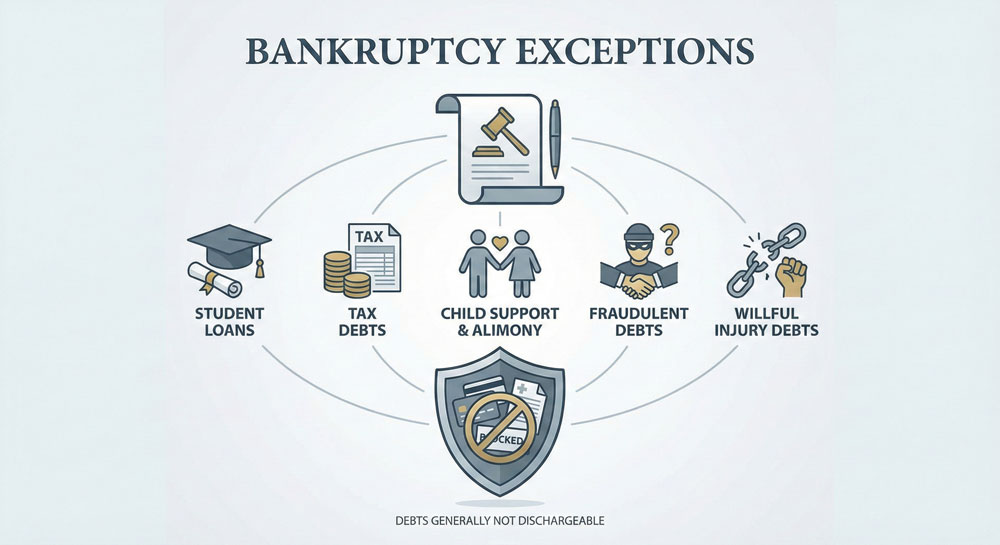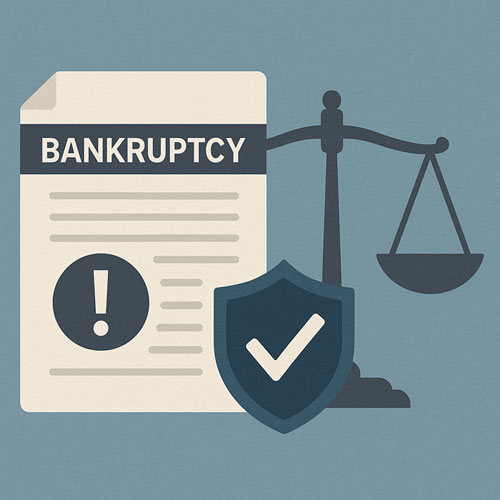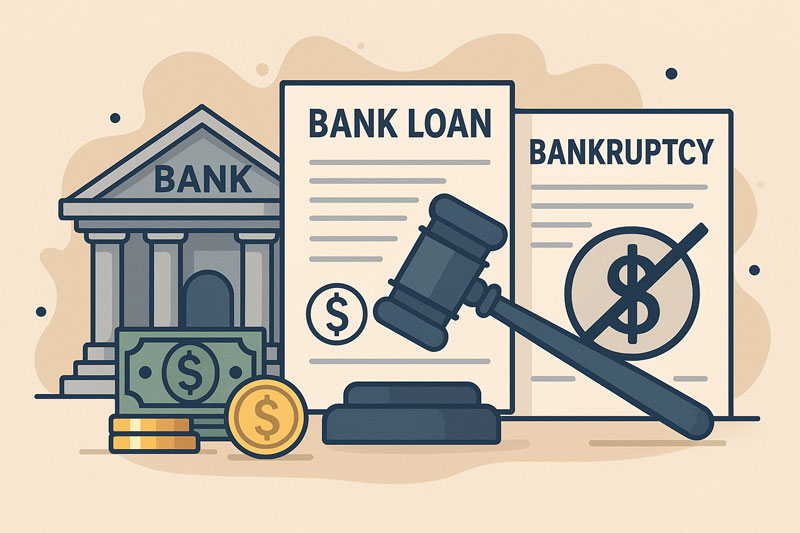What You Should Know About Credit Counseling
 If you’re considering bankruptcy, it’s important to remember that taking a pre-bankruptcy credit counseling course is required before you file your petition. But what does that really mean for you and your case? Let’s take a look a few things you should know about this pre-bankruptcy requirement.
If you’re considering bankruptcy, it’s important to remember that taking a pre-bankruptcy credit counseling course is required before you file your petition. But what does that really mean for you and your case? Let’s take a look a few things you should know about this pre-bankruptcy requirement.
You Can’t File Bankruptcy Without It
If you want to file bankruptcy—Chapter 7 or Chapter 13—you must take a credit counseling course before you file your petition. There’s also a timeframe in which you must take the course—within 180 days before you file bankruptcy. This means that if you take a counseling course in January and wait until August to file bankruptcy, you will need to take the credit counseling course again. If you file bankruptcy without taking the class, your bankruptcy case will be dismissed.
There Are Some Exceptions
You may not be required to take the course if you can prove the following:
- You’re an active duty military member in a combat zone.
- You have a physical disability that prevents you from taking the credit counseling course.
- You have a mental disability that prevents you from taking the credit counseling course.
If any of these exceptions apply to you, talk to your California bankruptcy attorney. It’s important to note that the credit counseling course can be taken via telephone, the internet, or in person, so even if you’re disabled you may still be able to take the required course with an accommodation.
Course Providers Pre-Approved
When choosing a credit counseling course, you want to not only consider location and cost, you need consider if they are legitimate or not. Only those credit counseling agencies approved by the U.S. Trustee’s Office will be recognized by the bankruptcy court. To avoid wasting your time and money, only choose approved credit counseling agencies.
Bankruptcy Alternatives
The primary purpose of a credit counseling course is to make you aware of all your non-bankruptcy options. When you attend the class, your budget and debts will be examined, and the alternatives to bankruptcy will be discussed such as negotiation with lenders, debt consolidation, and payment plans. However, you are not required to pursue any of the bankruptcy alternatives explored.
Certificate of Completion
Once you take the course, you will get a certificate of completion. Your bankruptcy attorney will file that certificate of completion with the bankruptcy court. This certificate is important because it proves that you fulfilled this important bankruptcy requirement.
To find out more about the requirements for filing bankruptcy, call to us today.
Categorized in: Bankruptcy, Filing Bankruptcy



